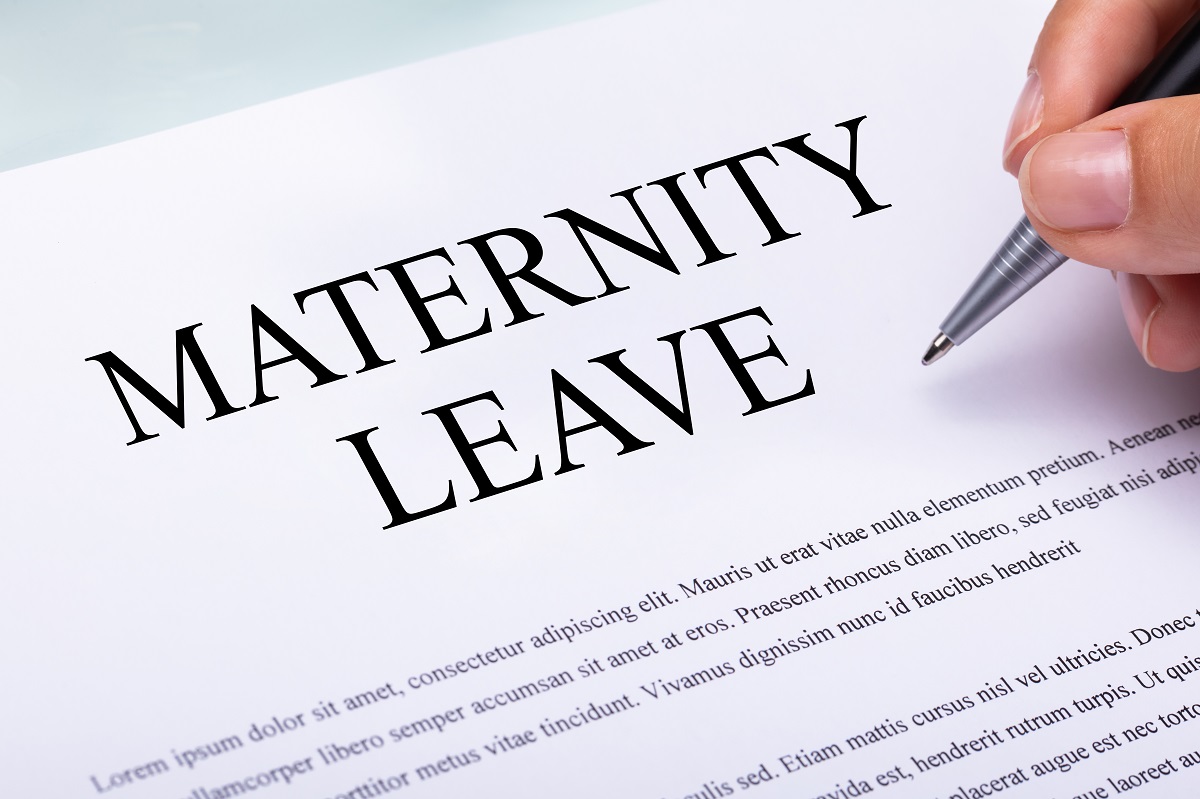
Divorce in the AI age
In today's fast-paced world, juggling work, family and personal matters can be...read more
A survey by the Fawcett Society finds ‘glacial’ progress in increasing female councillor numbers, with low levels of parental leave policies in part to blame.

Around three quarters of local councils still don’t have maternity or paternity policies in place for their councillors, according to the Fawcett Society, which says this is a barrier to gender parity.
While there have been improvements, the organisation says the lack of policies is affecting female representation. While only 24% of councils have a maternity or paternity policy in place for their ‘ordinary’ councillors, this is up from 7% in 2019 and while 25% of councils have a maternity or paternity policy in place for their senior cabinet-level councillors, this compares to 8% in 2019.
The survey shows ‘glacial’ progress in the number of women councillors with just 34% of the 4,980 councillors elected in May being women. The Fawcett Society says this means gender parity in local councils could be over 50 years away. Across England women make up just 35% of the total number of councillors – less than a 1% increase since the 2019 elections.
The Fawcett Society says representation is vital given councils spend £106bn of taxpayers’ money each year and employ over 1.3 million people, 75% of whom are women. They cite research showing that, where local Police and Crime Commissioners are women, violence against women and girls is 1.7 times more likely to be identified as a policy priority.
Felicia Willow, Fawcett Society Interim Chief Executive, said: “This was a bumper year for new councillors – but the data shows that sadly we have more of the same. Almost all councils are dominated by men. The pace of change in local government is far too slow.
“During the pandemic we saw how significantly councils matter for women, whether that’s the care packages for disabled women that were disrupted or the children’s centres for new mothers that suffered closures.
“In light of this stagnation, political parties which are failing to make progress need to urgently set out their action plans for a change of course. Councils are making some headway with policies – now we need to see action from the parties.”
The findings show the Conservatives won the most seats, but have the lowest levels of female representation, while Labour and the Green Party nearly achieved equality. The worst regions for female representation across England are Craven, Yorkshire (10%), West Berkshire, South East (14%), Ashfield, East Midlands (17%), Huntingdonshire, East of England (20%), Tamworth, West Midlands (20%), Mid Devon, South West (24%), Cumbria, North West (27%), Havering, London (30%), and Hartlepool, North East (31%). Those closest to achieving equity include Nottingham, Cambridge, Islington and Brighton and Hove.
The Fawcett Society wants the Government to collect more comprehensive data on protected characteristics when it comes to councillors, to make remote meetings legal so those with caring responsibilities can participate, to implement parental leave policies and to set targets and an action plan for increasing women’s representation.